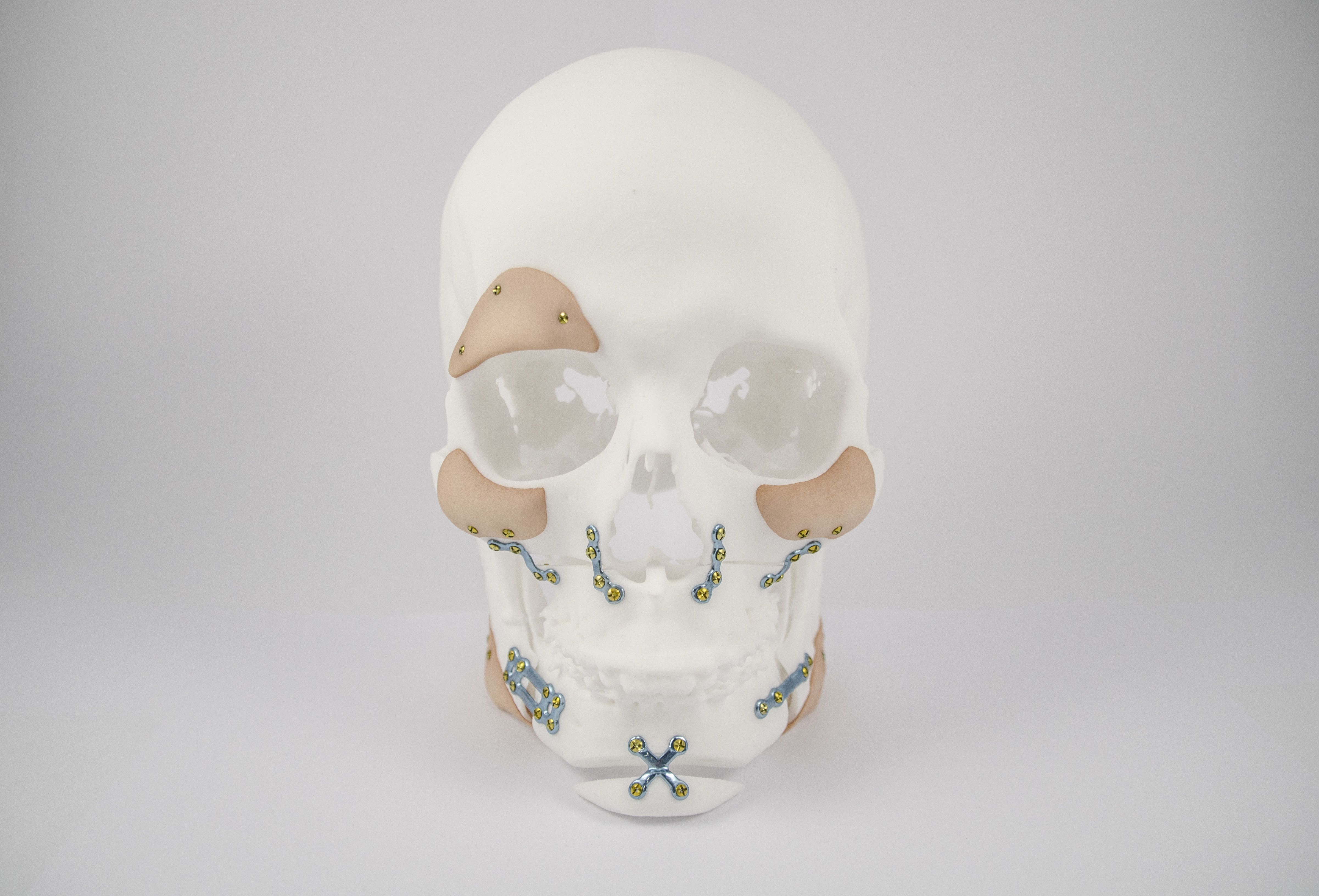
3D printing has brought unimagined advances in the creation of personalized implants. In other words, items designed and created for a single patient, made from images extracted with CT scans and customised to perfectly fit the anatomy of the person in question. This is what Avinent does, a Catalan company devoted to the creation of precision pieces since 1958, and which has adopted the latest technology in printing to turn itself into one of the few firms in the world capable of making these implants.
"We have always been a company with a great vocation for technology and have always adopted the latest novelties: automatic lathes, high-speed milling machines... and now 3D printers,” company CEO, Albert Giralt, tells Via Empresa. This week the company has been talking about its use of technology at the In(3D)dustry fair, explaining it medical product, a segment of the market it entered in 2006. “Our area was automation, but we decided to take the leap and in 2015 took another step forward when we obtained the permits to make the 3D implants,” he points out.
Giralt: “We have always been a company with a great vocation for technology and we have always adopted the latest novelties"
The medical and automobile industries account for most of the firm’s turnover, some 30 million euros. Aeronautics, the third pillar, makes up only a small part.
A vital aesthetic solution
Avinent specialises in facial reconstruction and, specifically, in the application of dental implants. “The average size of our pieces is that of a jaw,” says Giralt, “but we also make much larger and smaller pieces to connect or articulate other bones.”
The cost of the product varies a lot according to the size of the implant. It involves a process that not only includes making the piece, but also “constant talking between doctors and Avinent’s biomedical engineers, the treatment of the images and any surgery leading up to the intervention.”
Since they began in the 3D line of work almost two years ago, they have made more than 200 implants. They are all made of titanium, which is the material generally used in the sector, but with the difference that the firm is one of the few in the world that makes each piece tailored to each person.
Their main clients are cancer patients or those who have been in accidents and who have lost some bone structure in the head and neck area: “We can restore the bones that have been broken and fix them in place using 3D printing technology to make the reconstruction plaques.” It is an aesthetic solution that, says the CEO, allows these people to recover their facial features as they were before.
Catalan implants all over the world
Avinent works directly with hospitals, such as Vall d’Hebron or Clínic in Catalonia, but it operates all over Spain and in another 30 countries. As they are one of the few players in this market, they compete directly with large companies, such as Johnson & Johnson; it is a privileged situation that means that almost half of their turnover comes from foreign sales.